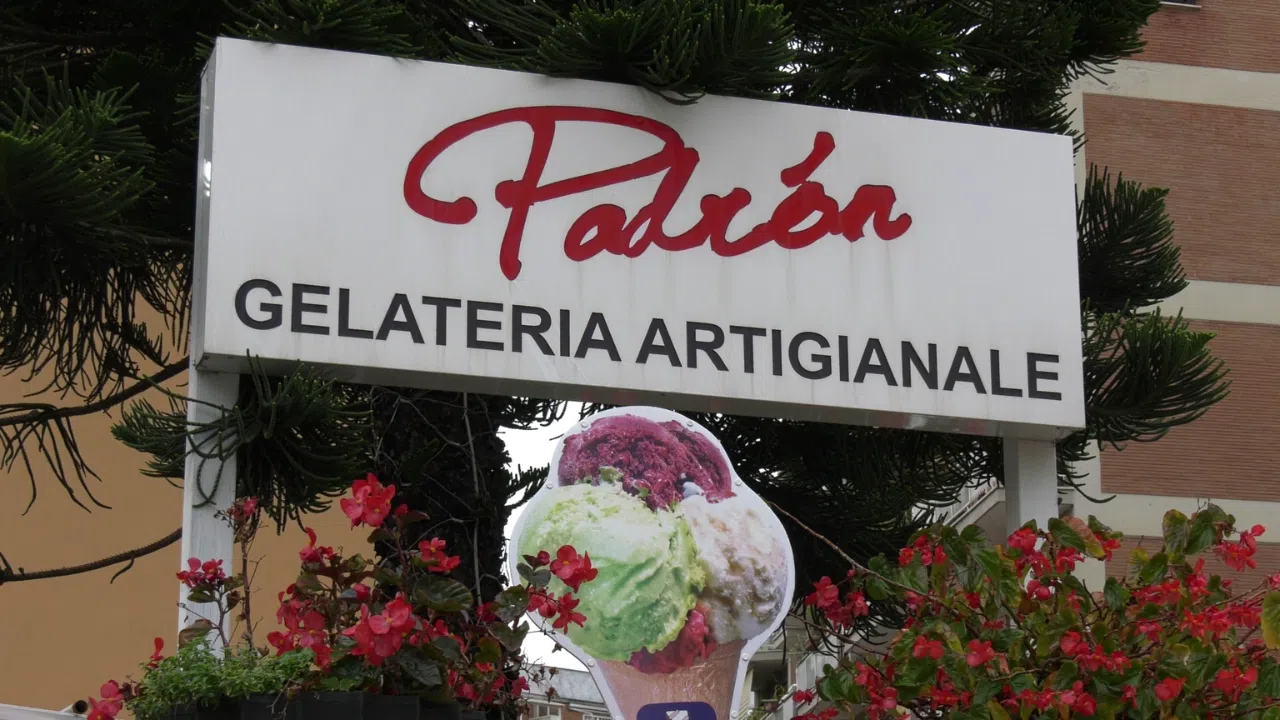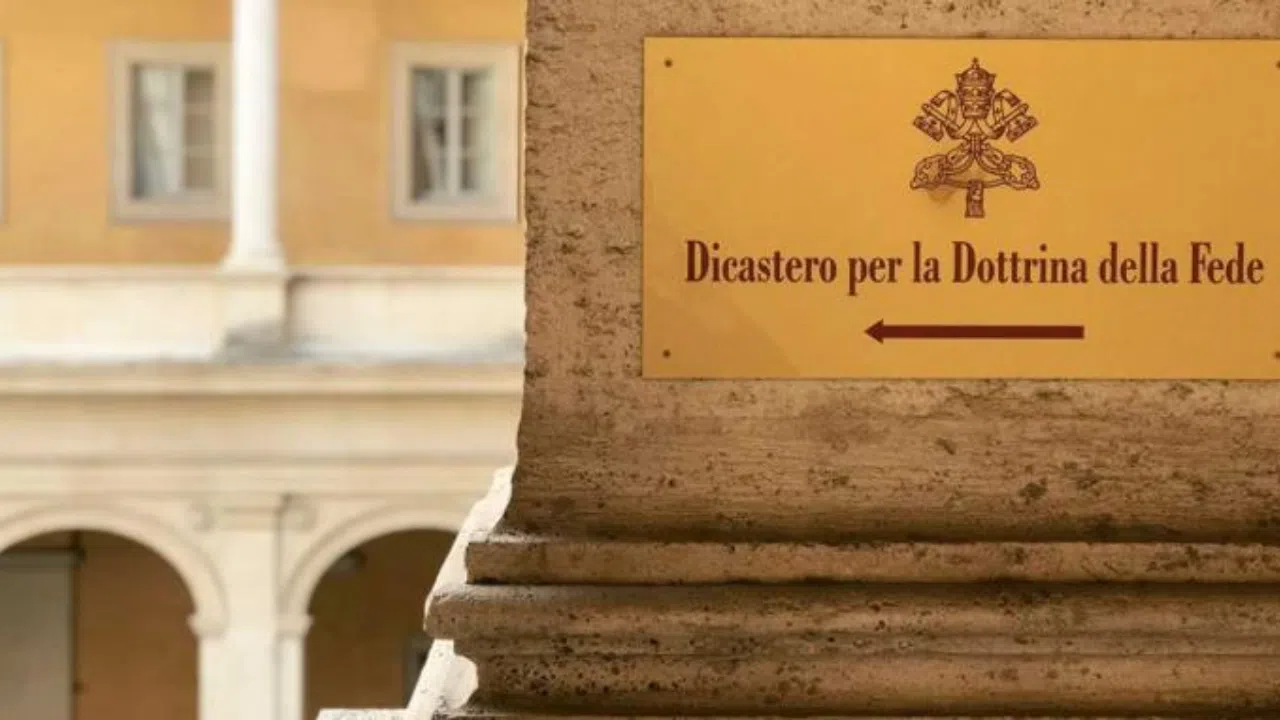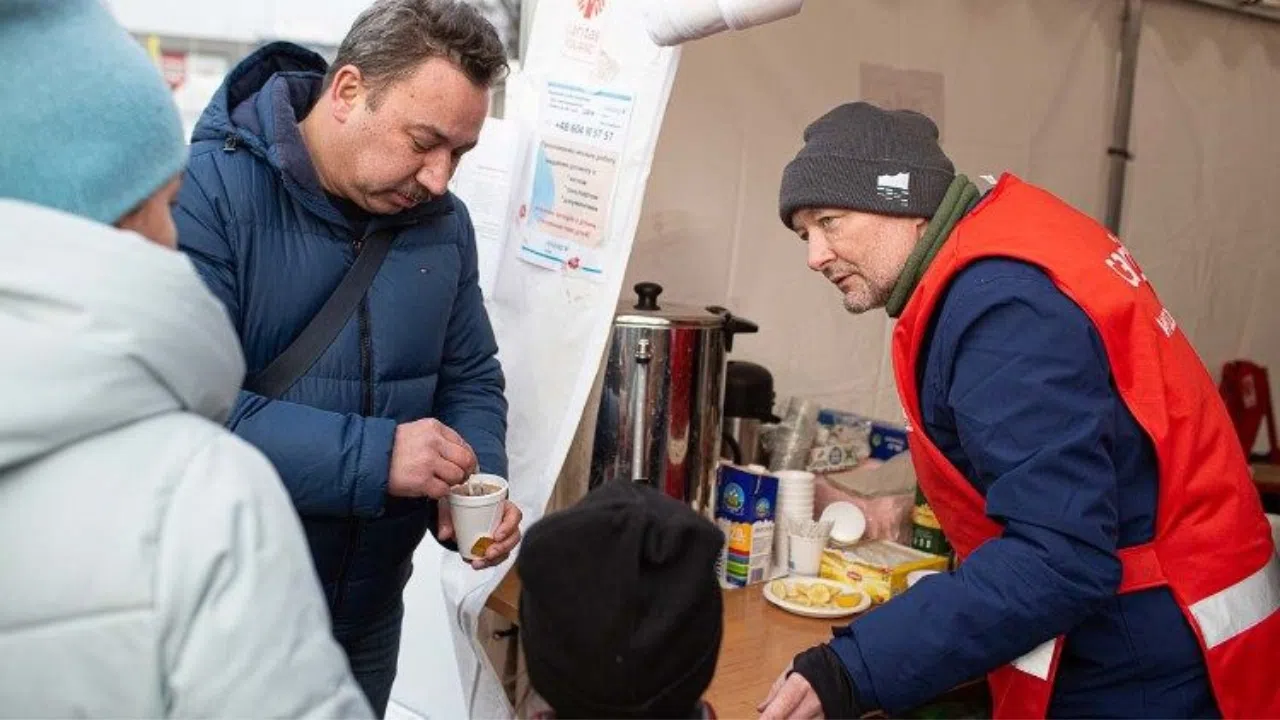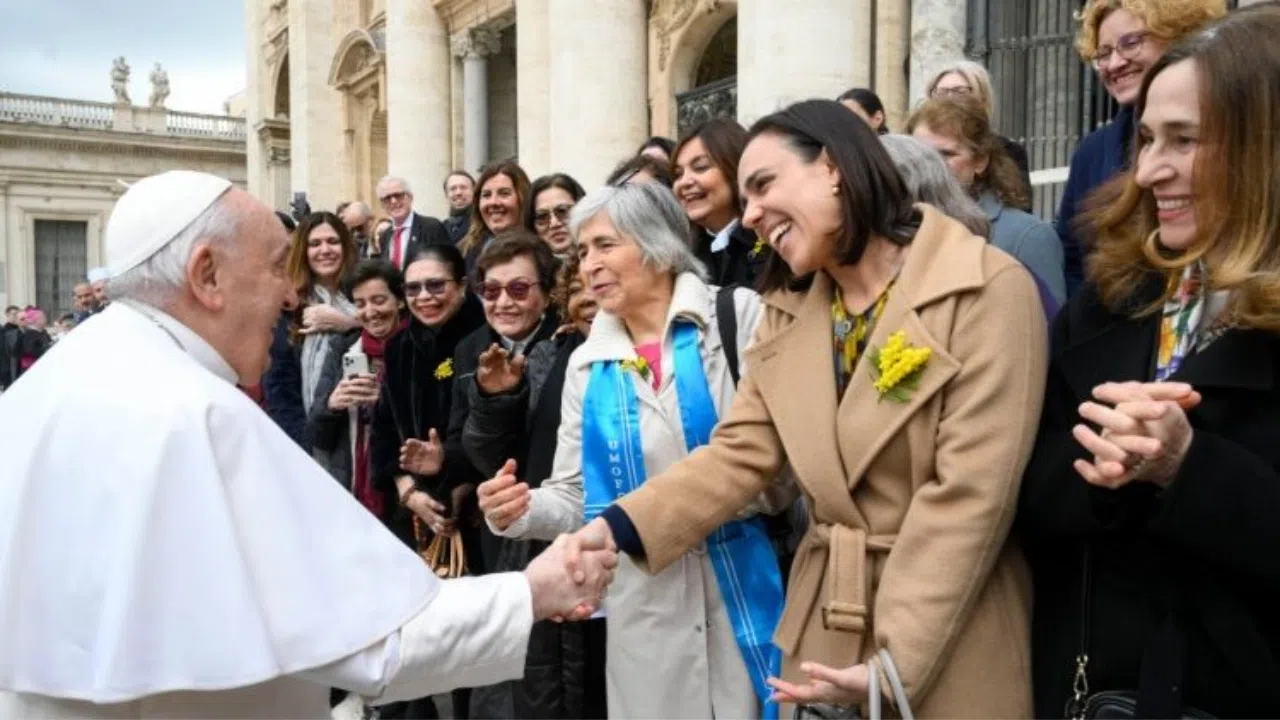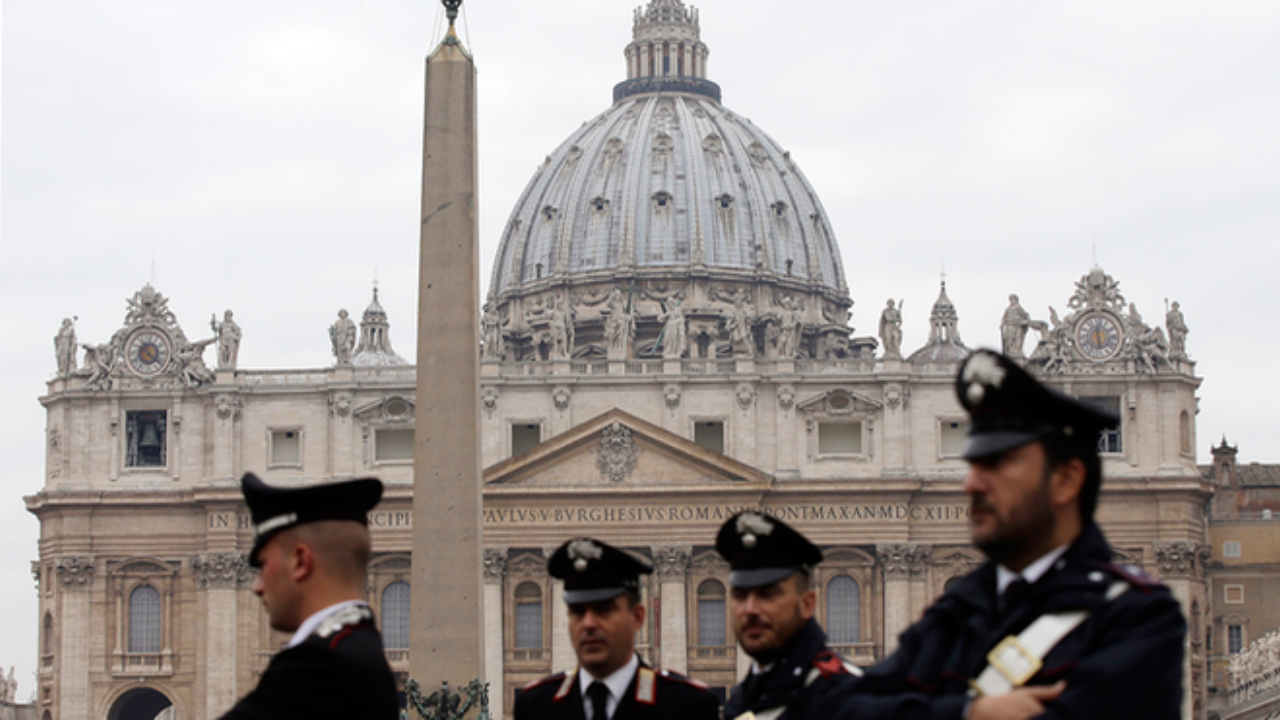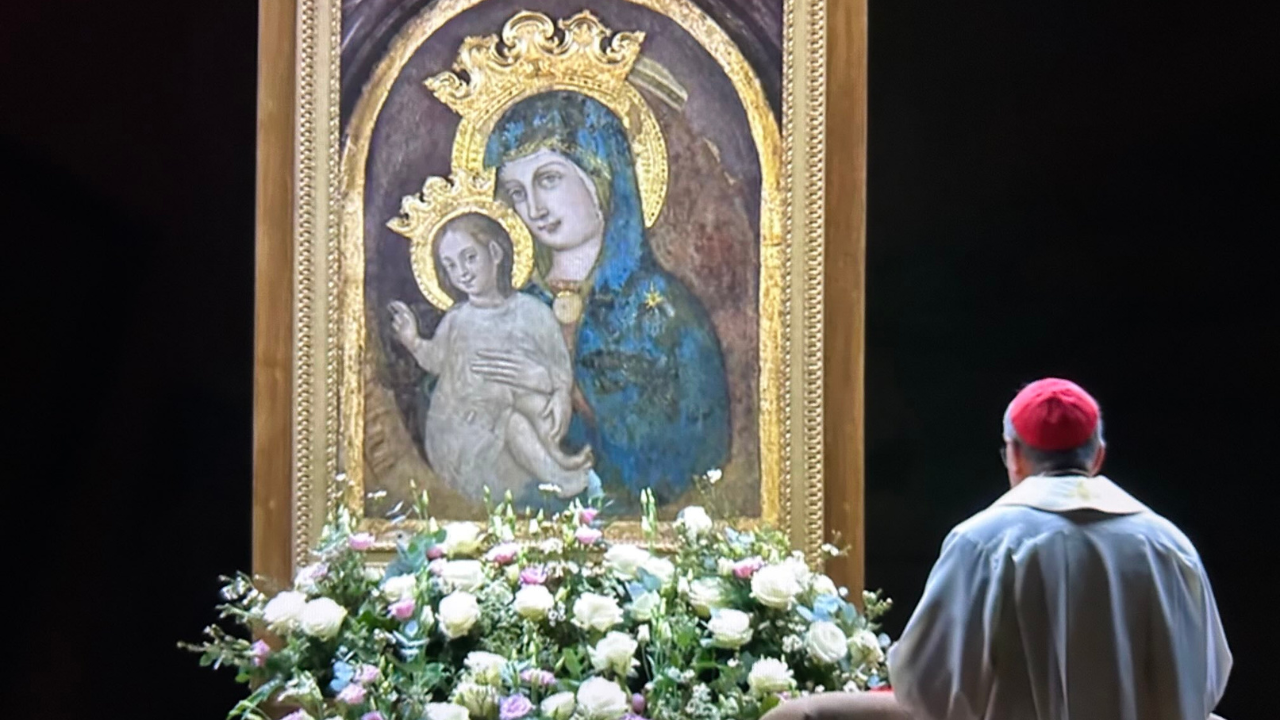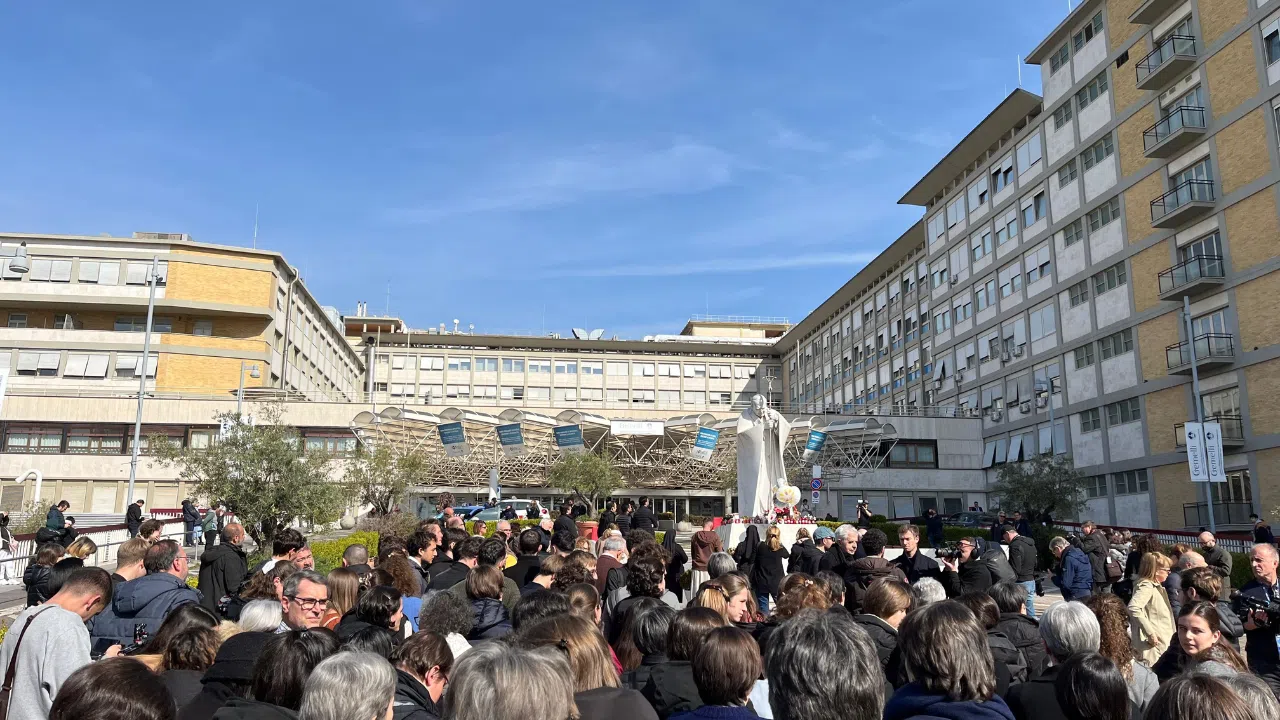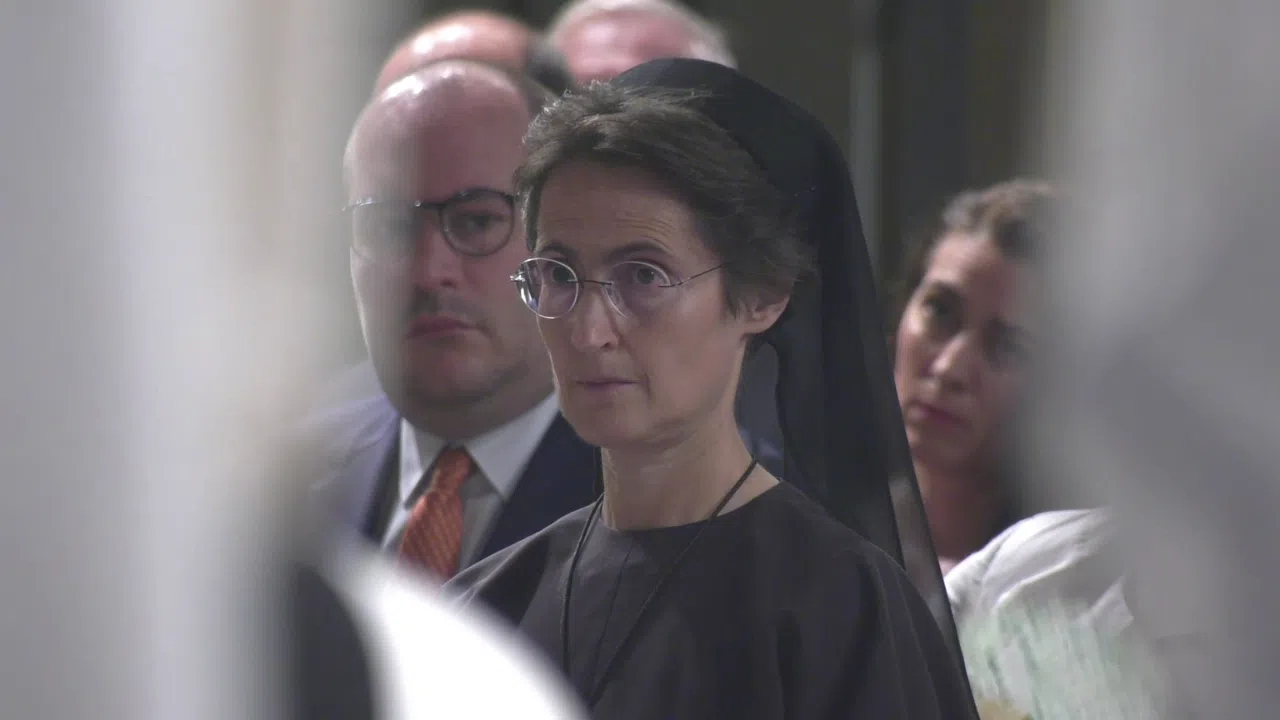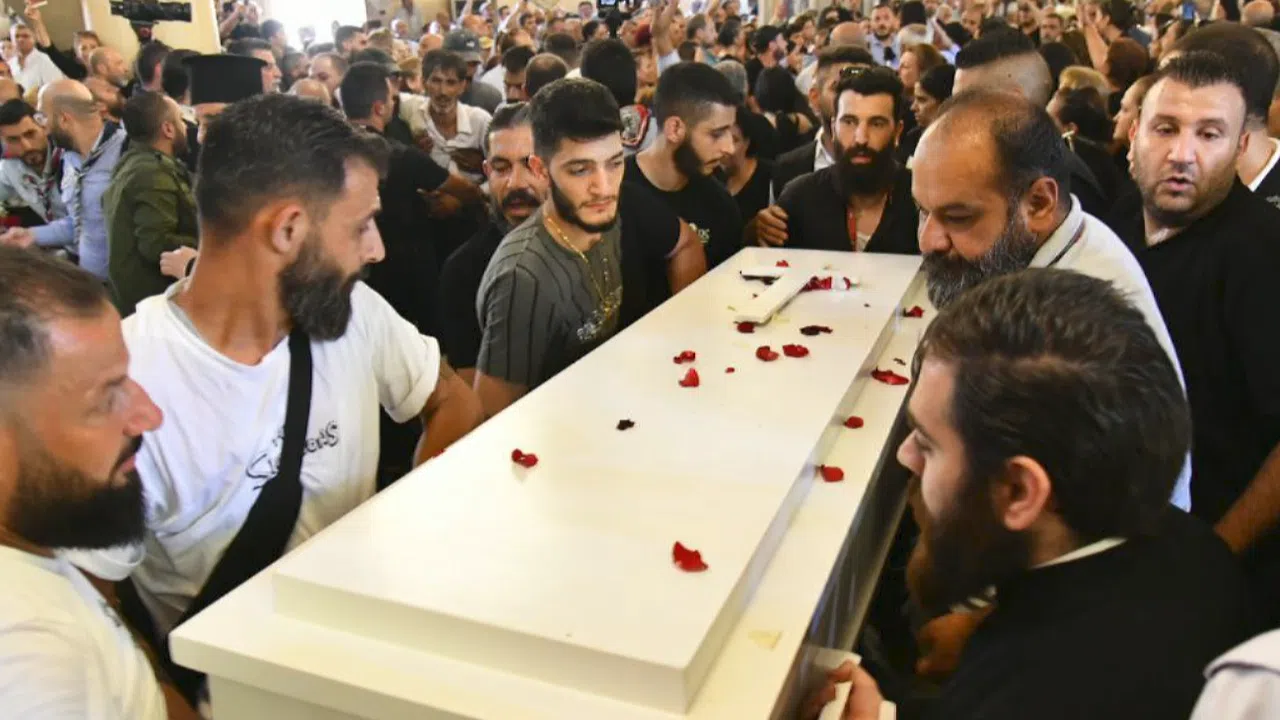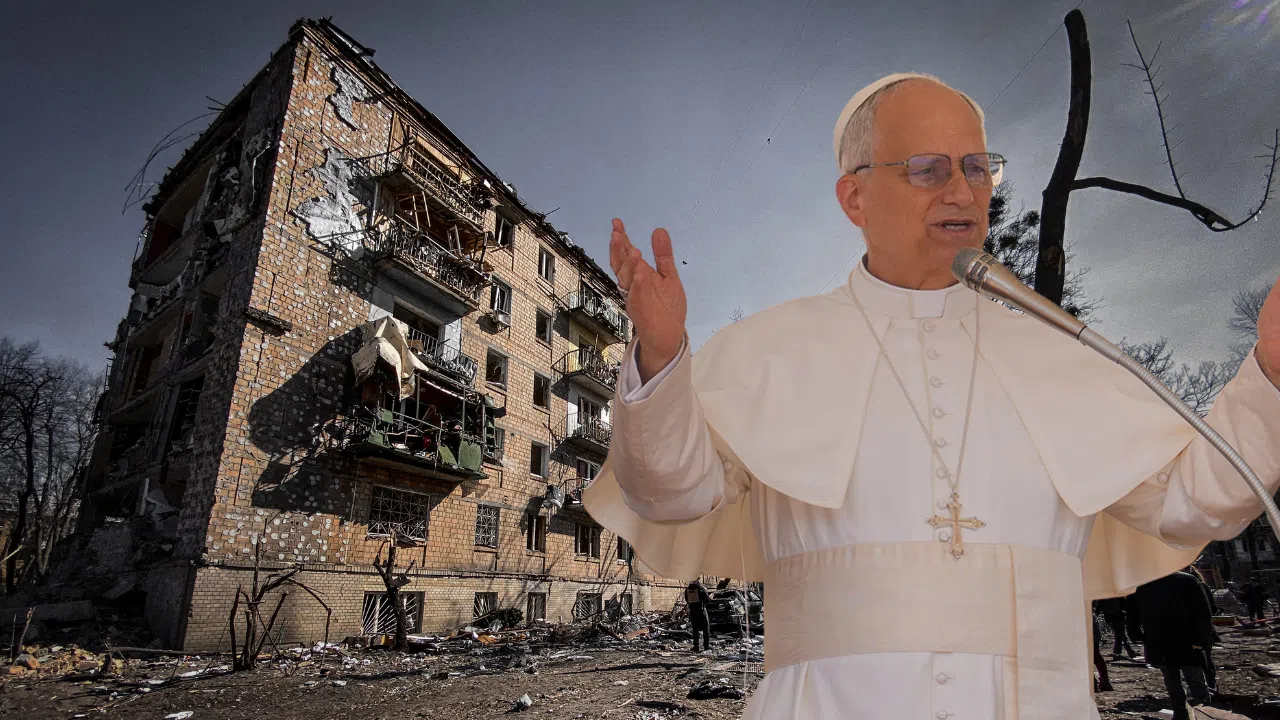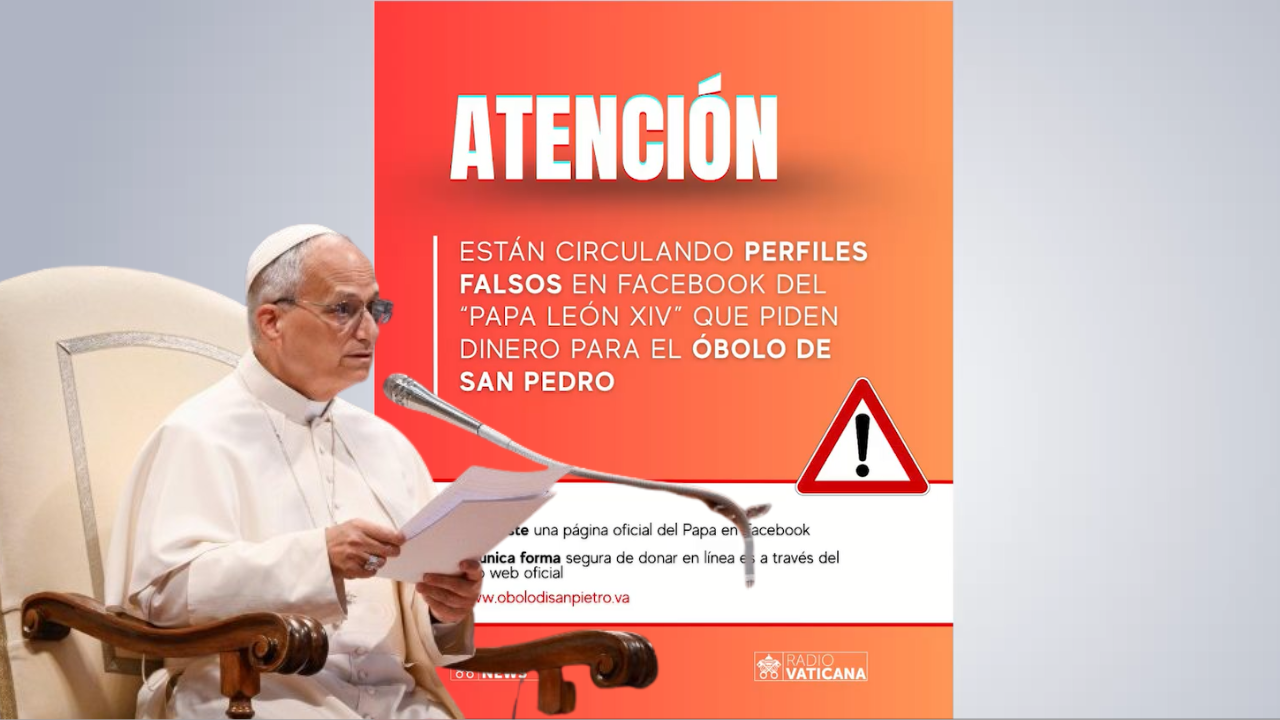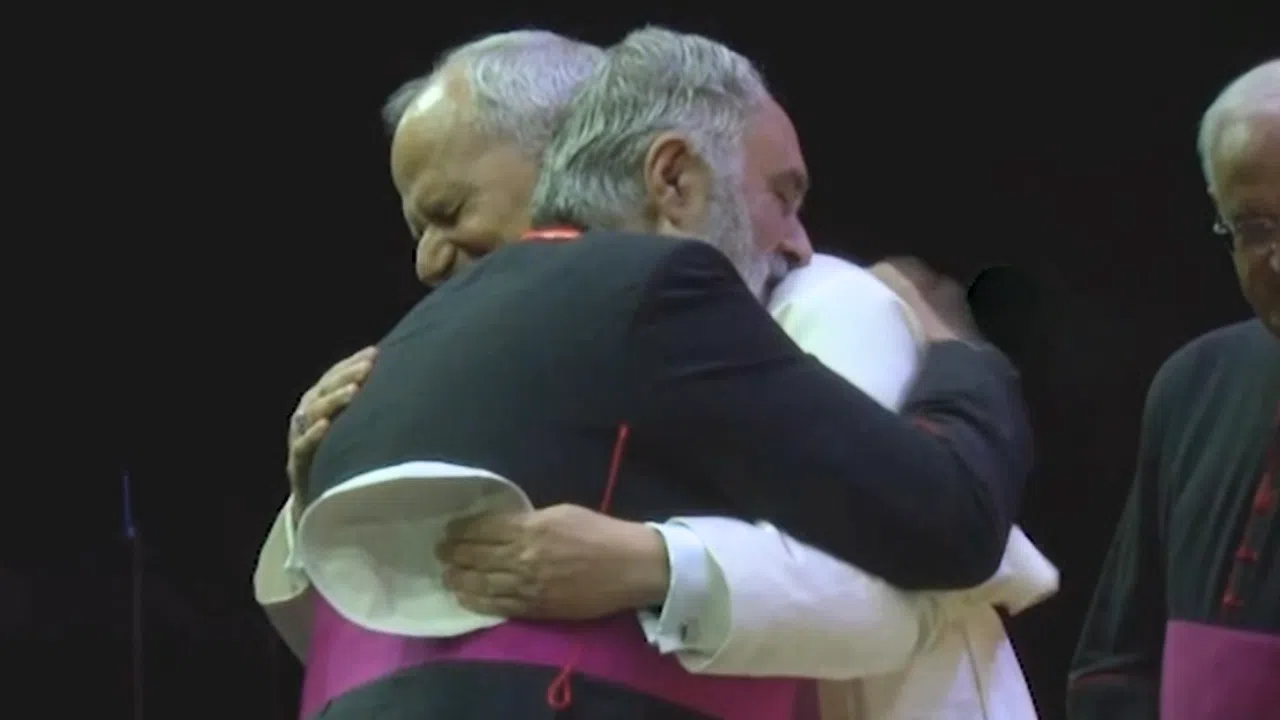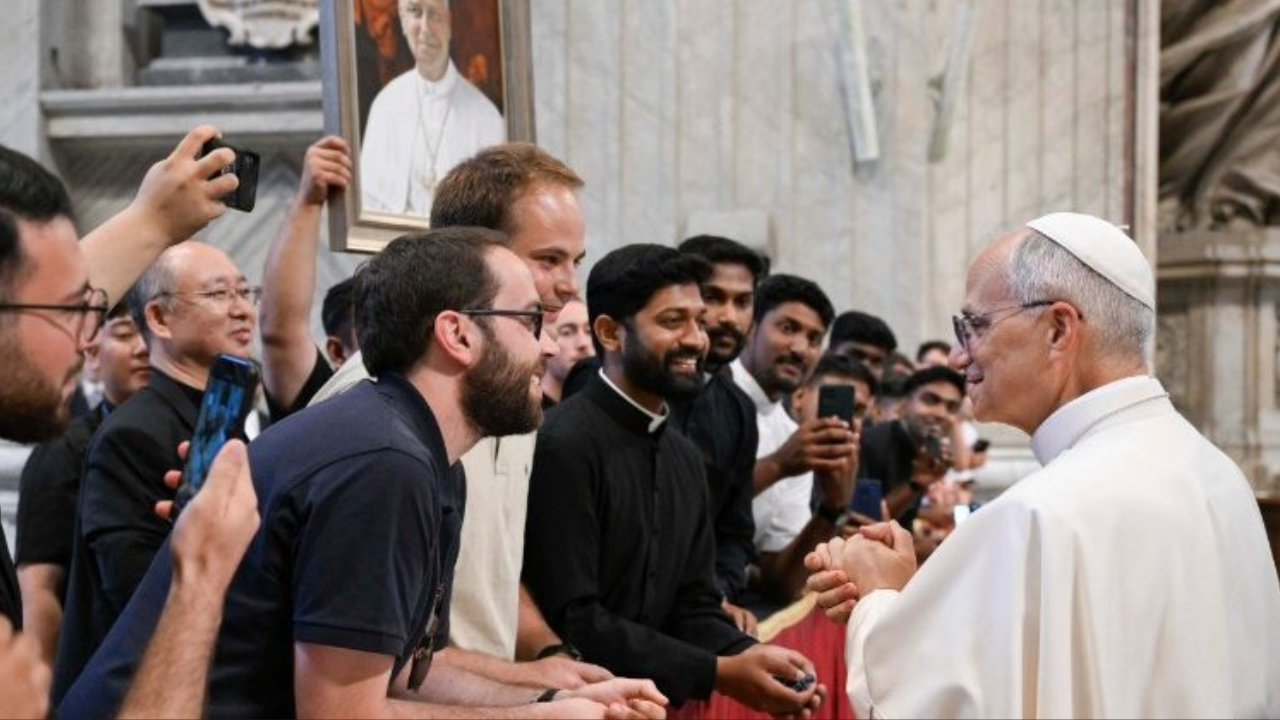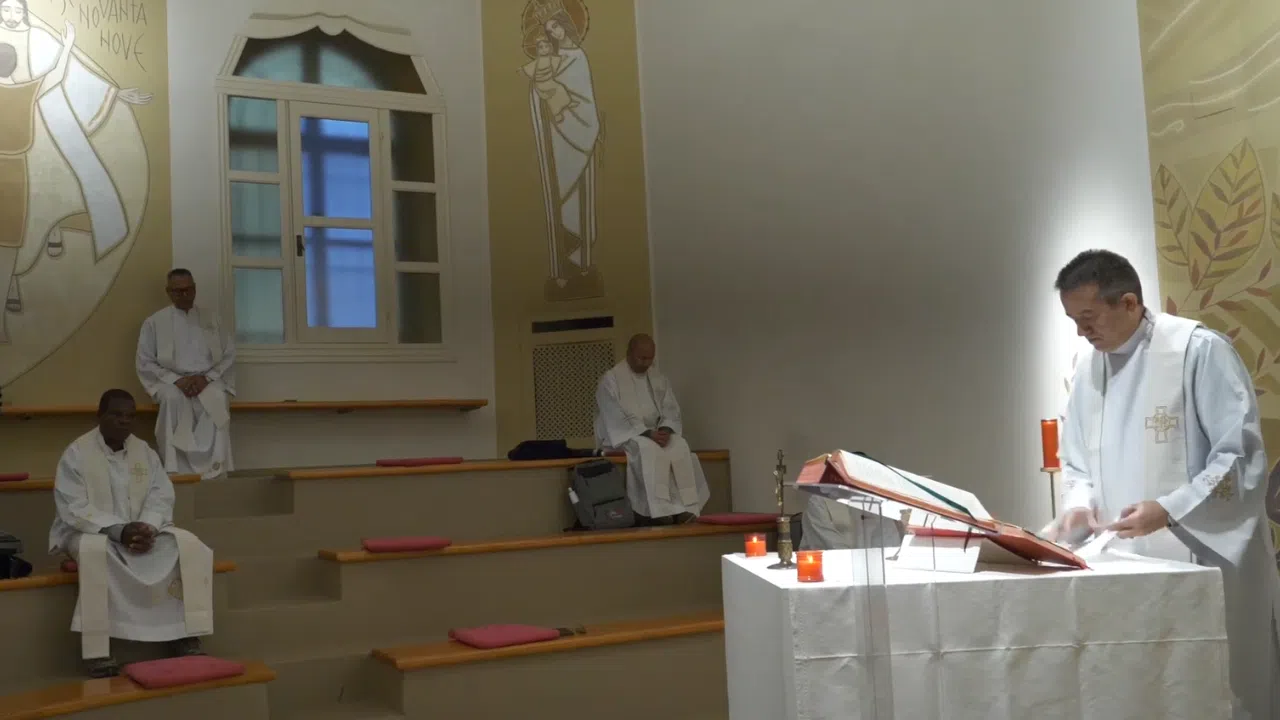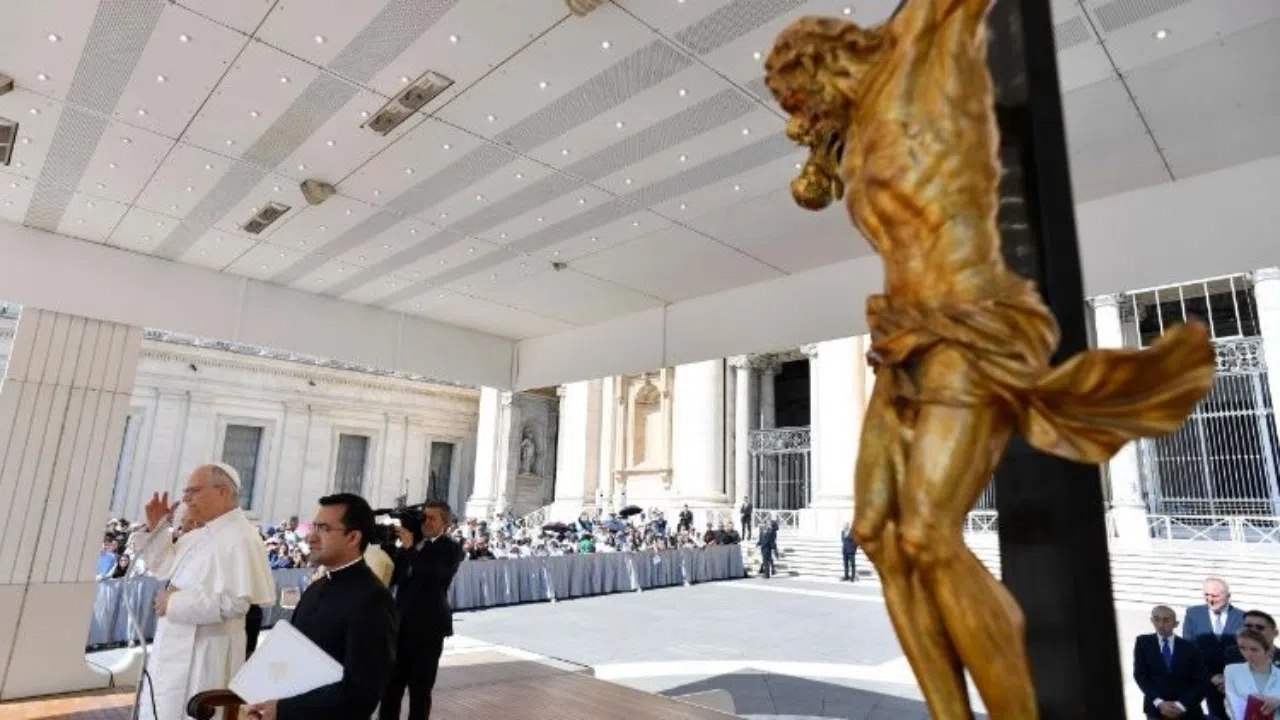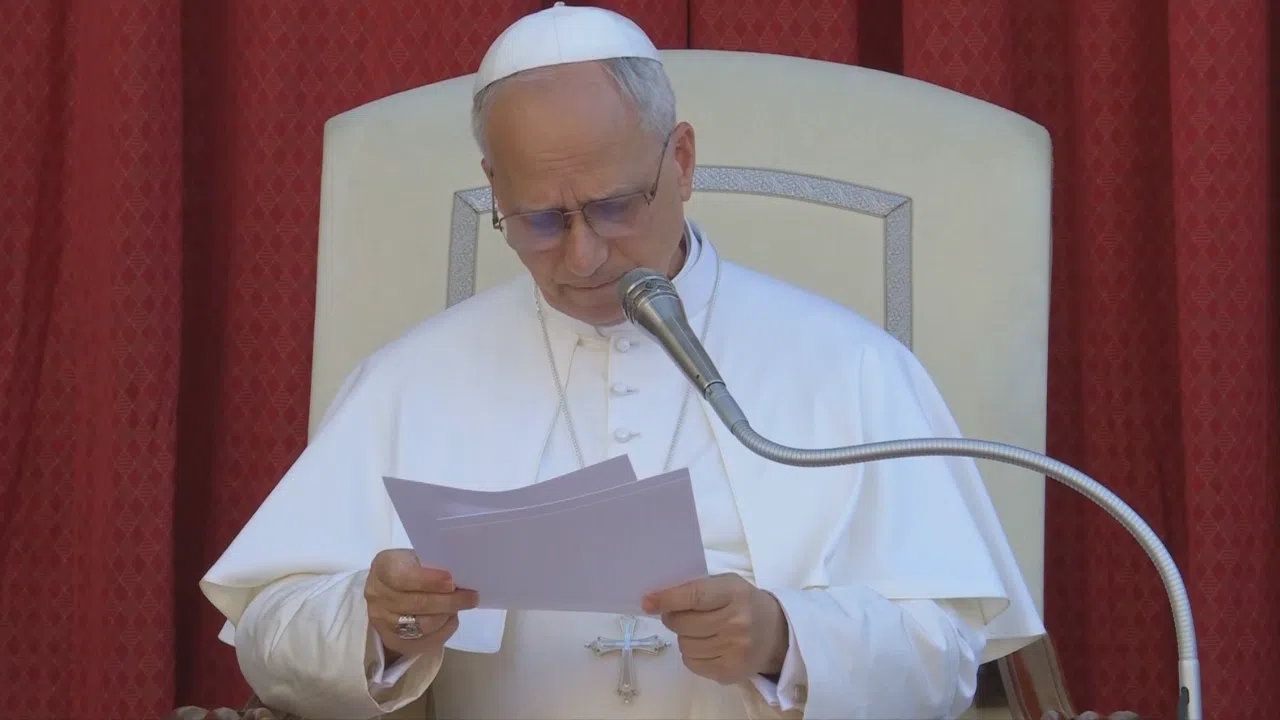You can watch the full interview here
In the face of the coronavirus pandemic, the crime of human trafficking continues, with more enslaved now than at any other moment in history.
Rome Reports Premium spoke with two sisters on the frontline of the crisis. In the Zoom conference, Sr. Gabriella Bottani and Sr. Anne Victory shared their international and U.S.-based experiences, respectively.
They said the lockdown posed various challenges, including an increase in online sexual exploitation.
SR. ANNE VICTORY
President, U.S. Catholic Sisters Against Human Trafficking
'It's an addiction. It's a very complicated issue without much regard for the persons who are actually in those videos.”
SR. GABRIELLA BOTTANI
International Coordinator, Talitha Kum
“We met people that they are clearly under exploitation, but it is not easy to be recognized as a victim of trafficking.”
Many of the victims are extremely vulnerable, also hard-hit by COVID and poverty. They could include migrants or those in prostitution, seen as criminals instead of victims.
One of the keys to overcoming the problem as a whole is awareness.
SR. GABRIELLA BOTTANI
International Coordinator, Talitha Kum
“There is a need to speak more about this. There is a need because not only through the media, but there is a need to empower in the education also people. The less we speak, the more also the trafficker, or these organizations, become more powerful.”
This education must be used for both future generations and for current lawmakers around the world.
SR. ANNE VICTORY
President, U.S. Catholic Sisters Against Human Trafficking
“When we know we have the laws and they are not being enforced, we have the power to communicate with our representatives and we can vote them out of office. For many of them, that speaks.”
The Catholic sisters confirmed the Church's global presence and support in this fight against exploitation.
Both encouraged best practices in parishes, schools and by individuals to protect the most-vulnerable. Some include praying for victims, speaking about exploitation at work, teaching children in the classroom, and donating to those on the frontlines.
These sisters also undergo training to recognize and help each victim they encounter and get them back on their feet, so they can enter society without the fear of losing their freedom once again.
Melissa Butz

